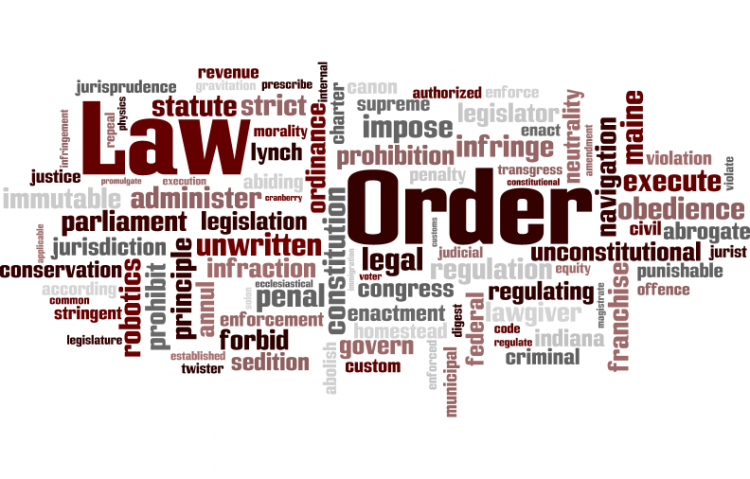Petition to annul the BM No. 2012 (Proposed Rule On Mandatory Legal Aid Service For Practicing Lawyers)

- Target:
- Supreme Court
- Region:
- Philippines
Reasons for this petition against mandatory pro bono reporting:
Violates constitutional right to privacy because publicizes private acts of charity and divulges names of recipients
Violates of right to be free from involuntary servitude
A step toward mandatory pro bono
Invites political opposition
Difficult to find support
Unnecessary
Counterproductive to goal of increasing delivery of direct legal services to the poor
Administrative costs involved in collecting and processing information, as well as in taking disciplinary action or imposing sanctions
Negative peer pressure
Onerous responsibility for attorneys
Public and press can use information to criticize the bar
For legislature, not judiciary to decide (not judiciary =s role to encourage charitable activities)
Does not serve public interest
Difficult to determine what type of discipline is appropriate
Unnecessary
True motive: to persuade or shame lawyers into doing pro bono work
Judicial aspirants could be affected by information provided in past years
Burdens state with need to devise collection methods and penalties for noncompliance with the rule
Financial burden on state
Pro bono can become a negative rather than positive concept if bar members express opposition
Against Voluntary Pro Bono Reporting
Promotes low response rate
Collects insufficient data to draw statistically valid conclusions
If separate forms, may get lost or discarded
Trying to track activity may be burdensome due to low response rate
Some activities not recognized or promoted (e.g. legal services rendered in rural communities or non-legal community service activities)
If form not on dues statement, complete analysis of collected data impossible because inclusion of personal information optional
Ineffective
May not encourage or promote fulfillment of professional responsibility to provide access to justice
May not raise consciousness about pro bono or professional responsibility
Mandatory pro bono is also politically unpalatable. A review of the fate of prior mandatory pro bono proposals demonstrates that mandatory pro bono is not a politically viable concept.
In every instance in which a national, state or local bar association or a court has formulated a mandatory pro bono edict, that action has generated a firestorm of protest. In every instance, most recently in Nevada, the mandatory nature of the proposal is watered down, stripped of sanctions, and, finally, abandoned. Even legislative initiatives, theoretically less subject to political pressure from opponents in the bar, have ultimately languished and failed.
Even if these practical and political difficulties can be overcome, it is my contention that the resulting program will not be worth the battle. If and when a mandatory proposal is adopted, it will, as the result of inevitable compromises, contain a definition of pro bono so broad and an hourly requirement so minimal that virtually all lawyers will find themselves already in compliance. The mandatory program may even damage or lessen existing pro bono efforts through a political backlash, a cheapened definition of pro bono service, or a sense of complacency that the bar has done its part, when, in fact, there has been no appreciable increase in the provision of legal services.
Proponents of mandatory pro bono would better serve their goals by increasing the resources available for legal services and by making voluntary pro bono efforts as effective as possible. The bar has not gone far enough in creating incentives for participation in pro bono service. Bar associations can and should experiment with pro bono reporting, as several are doing. In reviewing candidates for higher office in the bar or on the bench, bar associations could adopt a “zero tolerance” stance -- i.e., a policy that lawyer who has not actively participated in pro bono work should not be selected to run. Law firms can become much more serious about rewarding pro bono service in making decisions about advancement and compensation.
Bars could provide special benefits (free CLE, reduced membership fees) to the most active pro bono lawyers. Judges can help recruit pro bono lawyers, participate in awards ceremonies, and arrange their dockets to minimize waiting time for lawyers who are representing clients on a pro bono basis.
Law schools should offer every student the opportunity to make pro bono work part of their professional identity as early and often as possible. Legal publications should increase their coverage of pro bono work. All of us need to work much harder to make voluntary pro bono systems function effectively before we consider scrapping them for a mandatory system that offers an illusory promise of greater good.
From the Pro Bono Guide issues of The American Lawyer, 1996.
You can further help this campaign by sponsoring it
The Petition to annul the BM No. 2012 (Proposed Rule On Mandatory Legal Aid Service For Practicing Lawyers) petition to Supreme Court was written by charlotte fortich and is in the category Law & Order at GoPetition.